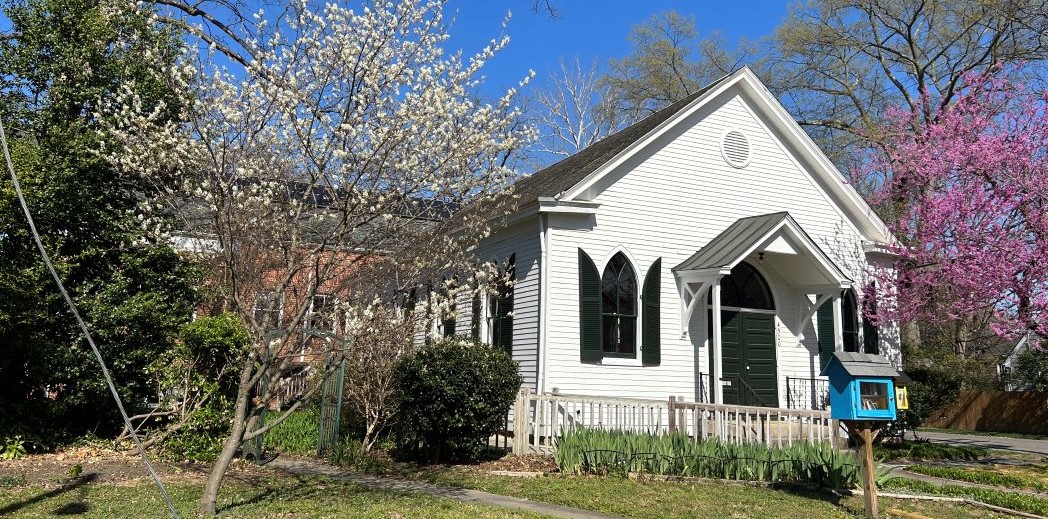There have been several celebrations and ceremonies marking the 150th anniversary of the end of the Civil War and the freeing of slaves in the south. These events note an important milestone as a step toward greater racial equality, and Virginia Friends were allies in that equality quest.
Because it was against the law in Virginia to free your slaves, many Friends went to Ohio and Indiana, states that were more open to abolition. Due to dwindling numbers, the Virginia Yearly Meeting joined the Baltimore Yearly Meeting in 1843. Quakers who stayed in Virginia faced a hostile environment and needed to be discreet in their support of African-Americans. One supporter, John Bacon Crenshaw, a member of the Cedar Creek Meeting (mother to the Richmond Meeting) lived on a farm six miles north of Richmond. To help guide fugitive slaves north, he drove nails into fences and posts to indicate the route that led north. He is but one of many Friends aiding escaping slaves.
After the Civil War, a period called Reconstruction lasted from 1867 until 1875. During this brief time, African-Americans voted and elected legislators, pushing more equal treatment, but the white power establishment reasserted institutional racism by passing a huge body of laws that was called Jim Crow. From drinking fountains to walking on sidewalks, no aspect of civic life was too small to govern. This period, from 1875, lasted until the 1950’s, when it began to crumble with Brown vs. Board of Education. Most Jim Crow laws were finally dismantled by the Civil Rights Act of 1964 and the Voting Rights Act of 1965.
White Privilege roots are deep and persistent, and as Michele Alexander points out in “The New Jim Crow” and Benjamin Campbell notes in “Richmond’s Unhealed History”, our prison system and zoning and boundary manipulations have been used to diminish the lives of our African-American citizens once again.
Today, in our prison population of 2.3 million, African-American are a disproportionate number of the imprisoned. Outside of prison, these, our brothers and sisters, lead shorter, unhealthier lives, earn less money, have poorer housing and school options than white people. So, 150 years after the Civil War ended, much has been changed, and much more remains to be changed.
Today’s Richmond Friends Meeting continues the work of earlier Friends to advocate for a fairer, kinder and more loving community for all to live and grow in.
